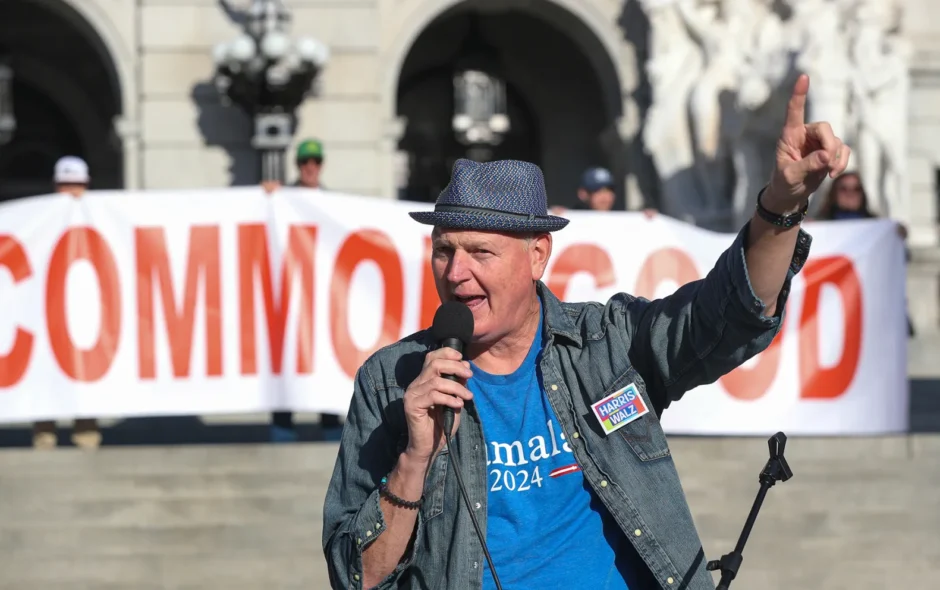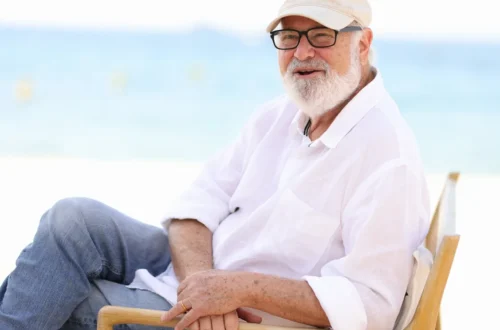MINNEAPOLIS / WASHINGTON, D.C., July 13, 2025 — The Internal Revenue Service’s new interpretation of the Johnson Amendment has stirred fresh debate on the role of religion in American politics. Under the revised IRS guidance—part of a pending consent decree in a lawsuit by Texas churches and the National Religious Broadcasters—religious leaders are now free to endorse candidates from the pulpit without risking their church’s tax‑exempt status.
Among the progressive voices welcoming this shift is Pastor Doug Pagitt, founding pastor of Solomon’s Porch in Minneapolis and executive director of Vote Common Good, a liberal evangelical outreach. Pagitt called the move “great news,” suggesting it finally levels a playing field that historically favored conservatives.
“For too long, Republican politicians and their allies have spoken freely from pulpits,” Pagitt told The Christian Post. “This decision removes that roadblock.”
He also told the Associated Press that Democrats and faith leaders were effectively sidelined: “Conservative pastors … created a disadvantage causing Democrats to step away from faith voters … There was a true imbalance.” For Pagitt, the ruling ends an awkward oversight: pastors could discuss politics in church gyms or on personal social media, but never from the pulpit itself.
The Johnson Amendment, part of the U.S. tax code since 1954, banned 501(c)(3) nonprofits—including churches—from endorsing candidates or contributing to campaigns. While this guideline was rarely enforced, it often constrained religious-political speech.
Pagitt says the ruling empowers faith-minded progressives, opening space for more overt Democratic engagement in religious communities. He highlighted that nearly 80% of Christian voters are potentially open to Democrats, a group previously underserved in faith spaces.
Critics warn of the risks. Legal scholars caution that churches could become unchecked political actors or tax shelters . Moderates within faith traditions express unease—even among communities of color, leaders ask: “Why now?”
The IRS move does not repeal the Johnson Amendment; it merely signals that enforcement will not target churches for in‑service endorsements—though the decision remains tied to a specific litigation Wikipedia+13Politico+13AP News+13. As settlements solidify into policy, expect renewed scrutiny in the legal and regulatory arenas.
Pagitt and Vote Common Good see this as a turning point: church-led, progressive advocacy may finally gain the visibility and legitimacy that conservative faith communities have long enjoyed. Whether other pastors embrace the pulpit platform remains to be seen—and will likely shape the future of faith-based political discourse.
Pastor Doug Pagitt hails the IRS’s new stance as a watershed moment for progressive religious voices in American politics. But as church-state boundaries blur, the decision invites a broader dialogue: between advocacy and neutrality, spiritual mission and political engagement.




